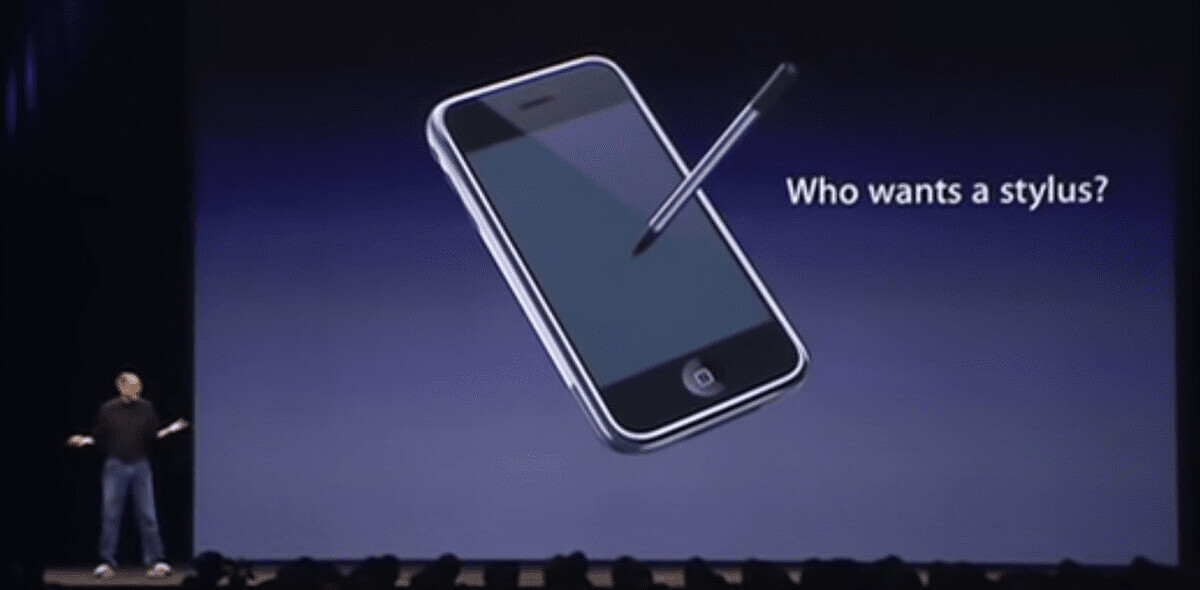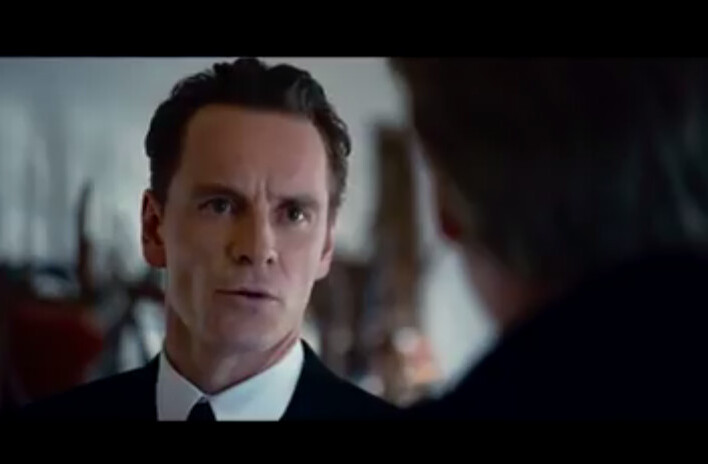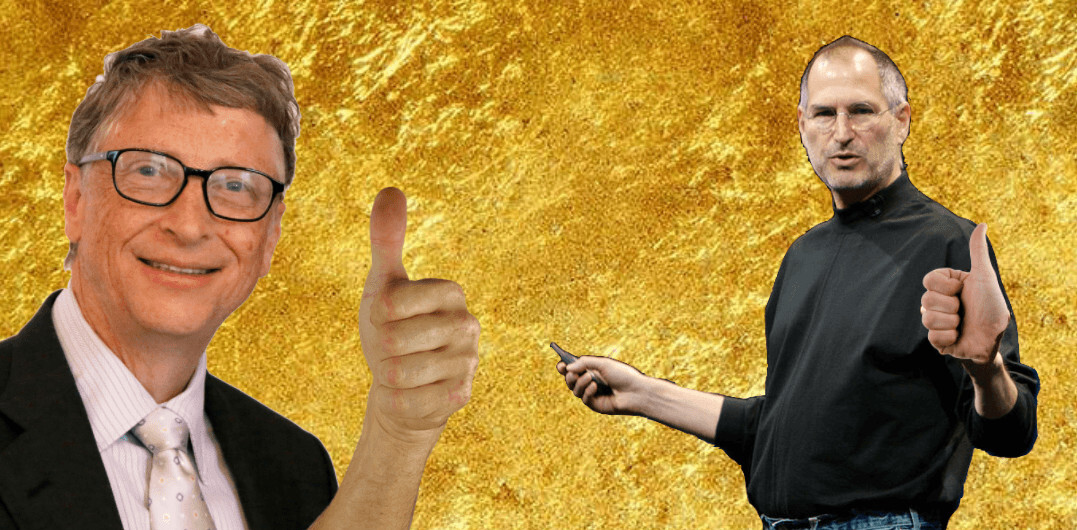
When going to an enormous event as Web 2.0 Expo you know on beforehand that some keynotes and sessions are sponsored. So I wasn’t surprised when I saw company presentations of Yahoo, MySpace, Automattic and Dash. Yet what DID strike me was the quality of the non-sponsored parts of the program. Like O’Reilly’s passionate talk (more about that later) and the funny, witty and motivational speech of mr. Fake Steve Jobs himself, aka Dan Lyons. This Forbes journalist is a genuinely funny guy who managed to work an audience in a way that was rather impressive for that time of the day (really early).
Lyons presented as himself. For one time, he didn’t act like he was Steve Jobs. After making a couple of jokes to warm up the audience, he made a fool of people who tend to overreact when it comes to social media. “I just want to apologize in advance for the next 25 minutes, for the 25 minutes you’re never going to get back,” he said. “Please don’t Twitter attack me.”
Lyons started Fake Steve Jobs partly out of boredom – “Writing about guys like IBM all the time is … dull”. Yet he was also driven by fear – the media business was changing. Bloggers were winning ground on print media. So he started to join the other side: “I’m not old enough to retire”. He applied for Forbes online and was rejected.
“Please remember”, Lyons asked the audience, “Forbes said no. That’s very important”. Still Lyons couldn’t stop thinking about starting a blog. The idea of imitating a CEO first appeared in his mind when he noticed most CEO’s would act like they were writing a so-called transparent blog, yet all they did was spamming us with PR talk. Lyons: “What if somebody would go nuts?” That somebody turned out to be Steve Jobs, as “he takes himself too seriously and has no sense of humor. (..) When Jobs launched the iPhone he said Apple is changing the world. Come on, it’s a fucking cellphone.”
Fake Steve Jobs had the same attractive power on people as the real one, as Lyons built up a readership of 90,000 people in just six months. Moreover, people from all over the world started a man-hunt to track him down. The man leading the hunting masses: Rich Karlgaard, publisher of Forbes. After another rejection from Forbes.com, Lyons sent Karlgaard a line – offering to write for Forbes. “He wrote back, ‘Oh, Fake Steve, you’re a genius, we’d love to hire you.” As Fake Steve Jobs, Lyons finally got his job at the online venue of Forbes.
The blog is a “life-changing” publication for Lyons. “I wake up excited every morning”. What he digs the most about his blog is that people actually build characters in the comments: “people with nicknames like Fake Vladimir Putin are performing on my blog”. According to Lyons, this kind of interaction is THE power of Web 2.0. A beautiful media future is lying ahead of us. We’ve built a strong foundation for the online dream, and it will get better “when the big media companies jump in”.
So all the funny remarks aside, Lyons did have a clear message. “Media business are focusing on the destruction of their business and therefore loose sight.” Since with the online revolution, the media experience becomes bigger, wider and richer. There are plenty of opportunities there. “We, the Web 2.0 attendees, are in the eye of the storm. No, we’re creating the storm”.
Lyons suddenly transformed a sharp and funny talk about his blog in an inspiring and motivating message to all the new media creators out there.
Get the TNW newsletter
Get the most important tech news in your inbox each week.





